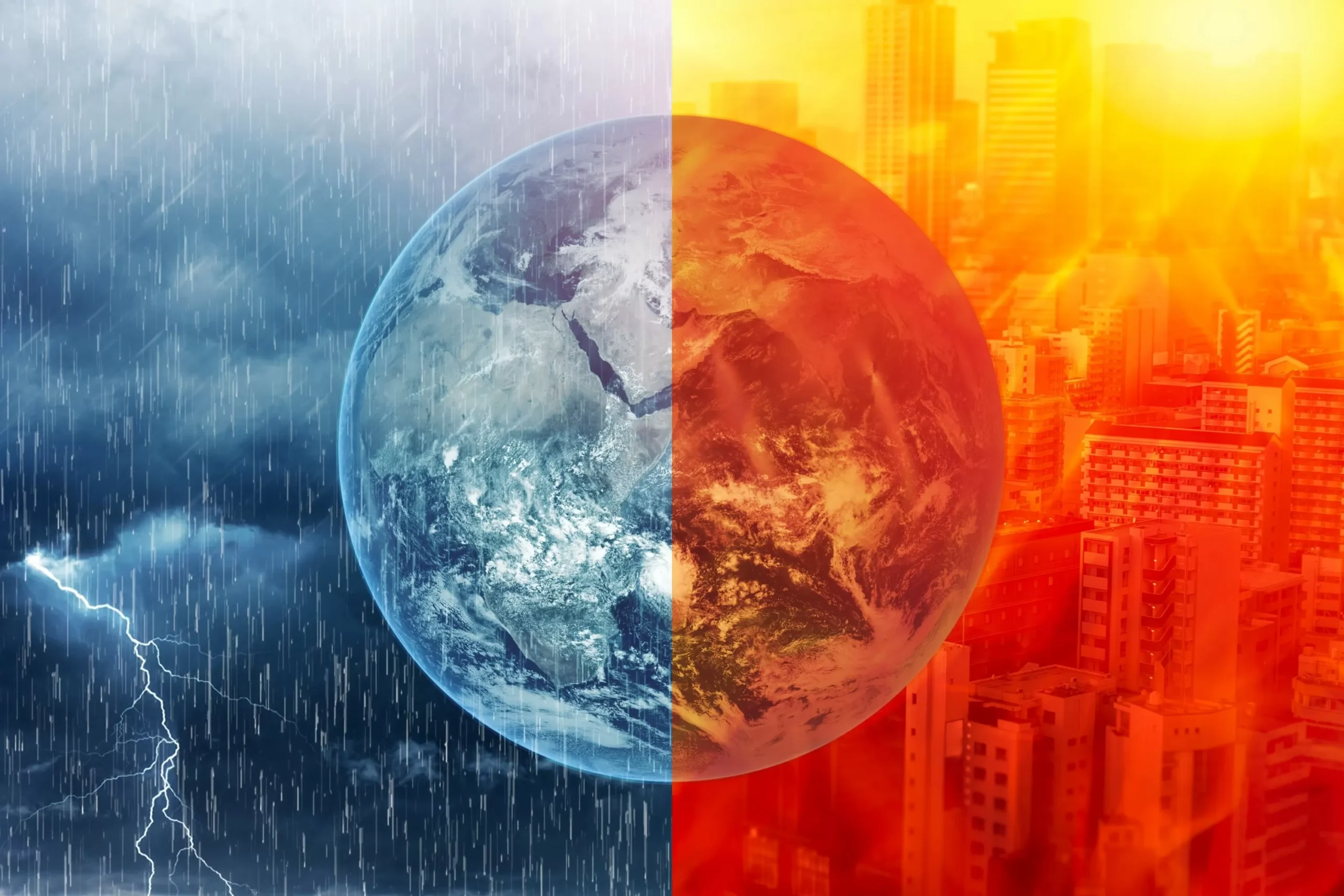Last year was a year of record-breaking heat, and it seems that this trend will continue as we enter a new decade. According to a report from the World Meteorological Organization (WMO), 2019 was the hottest year on record, with the top 10 hottest years all occurring in the past decade. This is a clear indication that our planet is getting warmer, and the consequences of this warming are becoming more apparent with each passing year.
The WMO report, released in January 2020, confirmed that the average global temperature in 2019 was 1.1 degrees Celsius above pre-industrial levels. This may not sound like a significant increase, but it is important to note that even small changes in temperature can have a big impact on our planet’s climate. Moreover, this increase is significant because it is happening at an alarming rate. The WMO Secretary-General, Petteri Taalas, warned that “we are seeing accelerated sea-level rise, ice loss and extreme weather in many parts of the world.”
One of the main contributing factors to this rise in global temperature is the increasing levels of carbon dioxide (CO2) in the atmosphere. According to the WMO report, CO2 levels reached a record high of 413.3 parts per million (ppm) in 2019, which is 148% higher than pre-industrial levels. This marks the highest concentration of CO2 in the atmosphere in the past 800,000 years. The WMO report also highlighted the role of other greenhouse gases, such as methane and nitrous oxide, in contributing to the warming of our planet.
The consequences of this warming are widespread and varied. The report pointed out that the Arctic and Antarctic regions experienced record-low sea-ice extents in 2019. This is a major concern as the melting of polar ice caps leads to sea-level rise, posing a threat to coastal communities. Moreover, extreme weather events, such as heatwaves, droughts, and floods, have become more frequent and intense in the past decade, causing damage to homes, livelihoods, and agriculture.
The impact of this warming is not limited to the environment but also has severe consequences for human health. The WMO report highlighted the risk of heat-related illnesses as a result of heatwaves and the spread of diseases such as dengue fever, malaria, and Zika virus, which are all linked to changes in climate.
It is evident that urgent action is needed to address the issue of climate change. We cannot afford to sit back and watch as our planet heats up at an alarming rate. The good news is that there is still time to make a difference, but we need to act now. Each and every one of us has a role to play in reducing our carbon footprint and mitigating the effects of climate change.
Governments must take the lead in implementing policies and regulations to reduce greenhouse gas emissions and invest in renewable energy sources. Businesses also have a responsibility to adopt sustainable practices and reduce their carbon footprint. Individuals can make a difference by making small changes in their daily lives, such as using public transportation, reducing energy consumption, and supporting eco-friendly products.
We must also acknowledge the importance of international cooperation in addressing climate change. The Paris Agreement, adopted in 2015, aims to limit global warming to well below 2 degrees Celsius and pursue efforts to limit it to 1.5 degrees Celsius. It is crucial that all countries work together to achieve these goals and take collective action to protect our planet.
Despite the alarming statistics and consequences of climate change, there is still hope. The WMO report stated that the global temperature increase could still be limited to 2 degrees Celsius if urgent and ambitious action is taken. We have the technology, resources, and knowledge to combat climate change, and it is up to us to act now.
In conclusion, the WMO report serves as a wake-up call to the urgency of addressing climate change. We cannot ignore the facts and continue with business as usual. The consequences of inaction will be severe, not just for our planet, but also for future generations. Let us use this report as a motivation to take concrete actions and work towards a more sustainable future for all. It is time for all of us to take responsibility and collectively address the challenge of climate change.








